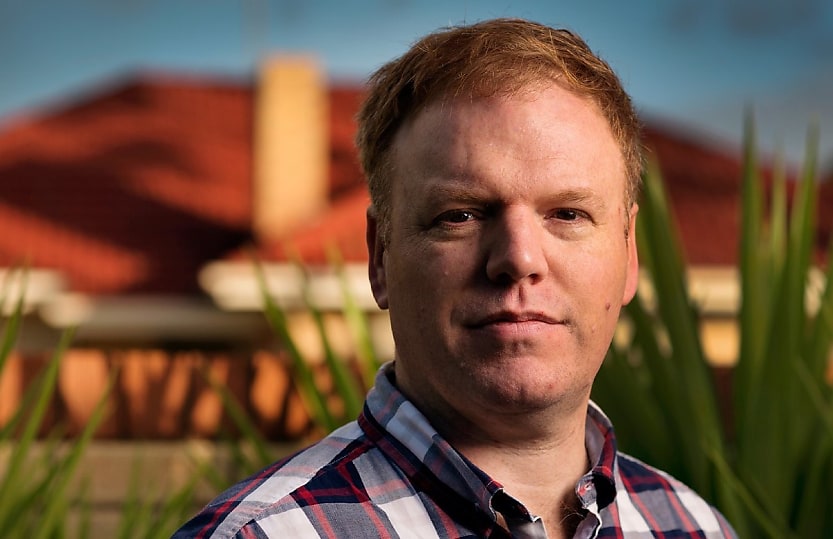ATO whistleblower prosecution to have ‘chilling effect’

The Human Rights Law Centre says the government must strengthen protections in the wake of Richard Boyle’s failed appeal.
The continued prosecution of a former ATO employee who blew the whistle on its aggressive debt collection tactics will have a “chilling effect” on other public servants’ willingness to report misconduct, legal advocates say.
The Human Rights Law Centre called on the government to urgently establish a whistleblower protection authority and strengthen the law in the wake of Richard Boyle’s failed appeal.
The South Australian Court of Appeal upheld its decision last week that Boyle's whistleblowing did not qualify for immunity.
Whistleblower protections only covered the act of whistleblowing, not “reasonably necessary” prior conduct, according to Justices David Lovell, Samuel Doyle and Sophie David.
Senior lawyer Kieran Pender said Boyle’s continued prosecution was not in the public interest and had a “chilling effect” on prospective whistleblowers.
“The Court of Appeal’s ruling underscores the frail nature of Australia’s whistleblower protections,” he said.
“By exposing human rights violations, government wrongdoing and corporate misdeeds, whistleblowers make Australia a better place. When whistleblowers stay silent, wrongdoing goes unchecked and our democracy suffers.”
Boyle’s disclosures as a former ATO debt collector precipitated a parliamentary inquiry that criticised the ATO's tactics while a separate IGTO inquiry confirmed his concerns over the excessive use of garnishee notices.
However, he was charged with 24 offences, including misuse of sensitive information, telephone tapping and recording of conversations without consent.
In March last year, the South Australian District Court ruled he was not immune from prosecution under whistleblower protections.
Following Boyle’s failed appeal last week, he is now expected to face trial in September and could face up to 46 years in prison.
The Human Rights Law Centre, an advocacy group that participated in Boyle’s appeal as an amicus curae, said the ruling confirmed the narrow scope of protections available for whistleblowers in Australia.
It said the case followed other high-profile whistleblower prosecutions that also proceeded despite independent inquiries or litigation vindicating the allegations of wrongdoing.
These included Witness K and Bernard Collaery, who exposed Australia’s espionage against Timor-Leste, and Afghan Files whistleblower David McBride, recently sentenced to almost six years’ imprisonment.
Kieran said Australia’s whistleblower protection laws were in “urgent need of comprehensive, robust reform”.
“Before the last election the Albanese Government promised to fix federal public sector whistleblowing laws – it must honour that commitment before the end of the current parliamentary term,” he said.
“The government should also commit to establishing a whistleblower protection authority, to oversee and enforce whistleblowing laws and support whistleblowers.”
About the author

